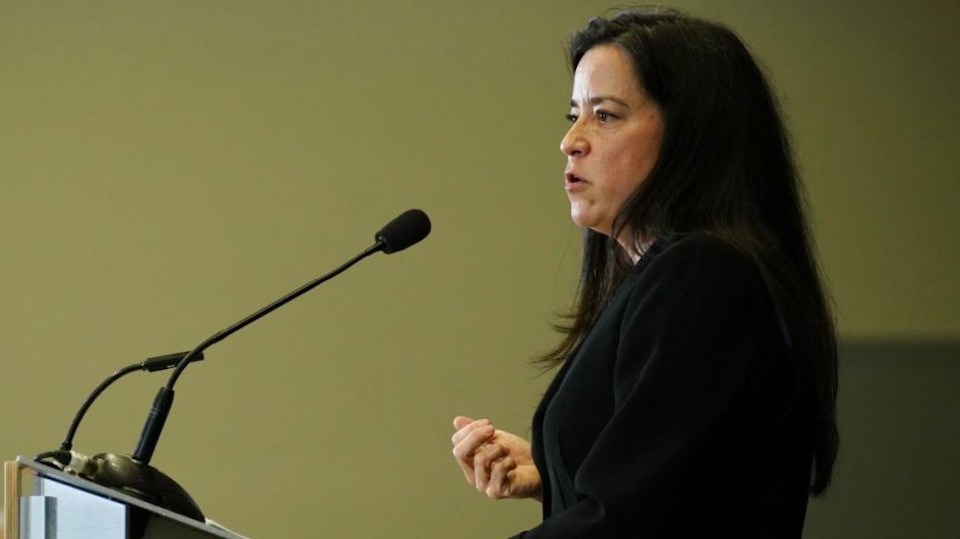If First Nations are so opposed to the Coastal GasLink pipeline, why are 16 of them, including the West’suwet’en First Nation, planning to take a 10% equity stake in the pipeline?
And does a treaty infringement case won by the Blueberry River First Nation necessarily mean no more natural gas extraction can take place in Treaty 8 territory?
Examples of First Nations in B.C. and across Canada partnering with resource industries and business as part of economic reconciliation will be the topic of a two-day conference next week.
The third takes place Thursday and Friday (May 26 and 27) at the Fairmont Pacific Rim Hotel.
“Showcasing progress made towards genuine economic reconciliation through partnerships with corporate Canada creates an opportunity for all of us to come away with learnings we can take home and use to advance our own work,” said event chairman, 撸奶社区Nation Chief Ian Campbell.
“Today’s Indigenous leaders and entrepreneurs are the first generation raised by their families at home rather than being institutionalized in residential schools. The first generation to pursue higher education. The insights and relationships developed at such gatherings are crucial as we work through these early days of renewing our economies and communities.”
Guest speakers will include Jody Wilson-Raybould. Blueberry River First Nation Chief Judy Desjarlais will speak about the treaty infringement case her nation won against the B.C. government for cumulative impacts on the Treaty 8 nation, and speak about how her nation and B.C. government are moving forward on land use issues.
Members of the Saulteau First Nation and the Cheslatta Carrier Nation will speak at a panel discussion on the Coastal GasLink pipeline. Earlier this year, TC Energy Corporation (TSX,NYSE:TRP) announced plans to sell a 10% stake in the natural gas pipeline to a consortium of 16 First Nations.


